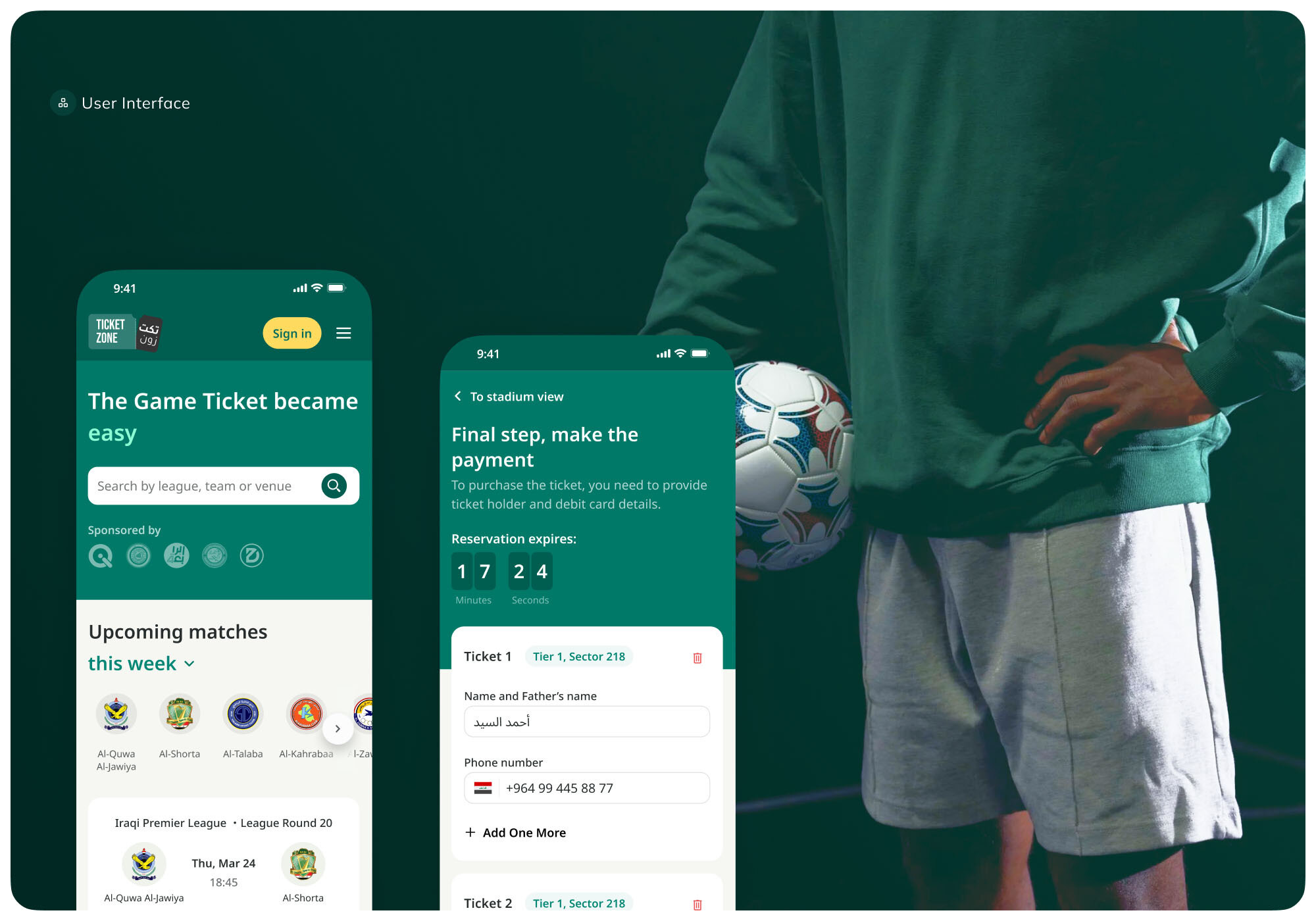What is React Native?
React Native is a popular JavaScript framework for building mobile apps that run on both iOS and Android using a shared codebase. It bridges platform-specific components with native performance, making it a cost- and time-efficient choice for cross-platform development.
Why choose React Native over native development?
React Native allows faster development and reduced costs by using one codebase for both iOS and Android. It’s ideal for apps that prioritize user interface, consistency, and speed to market, without needing heavy native functionality like advanced video or background processing.
How is React Native different from React?
React Native uses the same core concepts as React but renders components using native APIs instead of the browser’s DOM. It’s not a version of React, but a custom renderer built for mobile platforms.
Which well-known apps are built with React Native?
React Native powers apps like Facebook, Uber Eats, Skype, Tesla, and Walmart. Its performance and flexibility make it a popular choice for both startups and global brands.
Finally, the app is deployed to the app store, where it's available to users. Throughout this entire process, React Native developers utilize cutting-edge tools and technologies to create an app that's not only functional but also aesthetically pleasing and easy to use.






